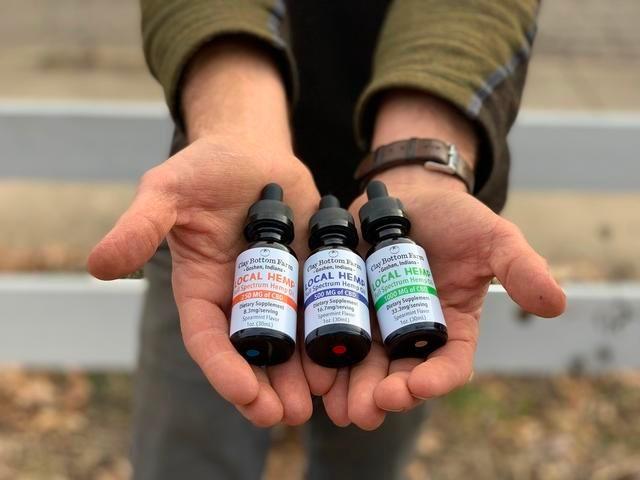In the pursuit of optimal physical fitness and performance, athletes and fitness enthusiasts are constantly seeking new methods to enhance recovery and maximize results. One emerging trend in this realm is the use of cannabidiol (CBD) as a potential aid in exercise recovery. CBD, a compound derived from the hemp plant, has garnered attention for its purported therapeutic properties, including its potential to support muscle repair and recovery post-exercise. This article explores the relationship between CBD and exercise recovery, shedding light on its mechanisms of action and potential benefits.
Understanding CBD:
Before delving into its potential benefits for exercise recovery, it’s essential to understand what CBD is and how it interacts with the body. CBD is one of over a hundred cannabinoids found in the hemp plant. Unlike tetrahydrocannabinol (THC), another well-known cannabinoid, CBD is non-psychoactive, meaning it doesn’t induce the “high” typically associated with hemp consumption. Instead, CBD interacts with the body’s endocannabinoid system, which plays a crucial role in regulating various physiological processes, including pain sensation, mood, and inflammation.
The Science of Exercise Recovery:
Exercise-induced muscle damage is a common occurrence during intense physical activity. While exercise is essential for building strength and endurance, it also leads to microscopic tears in muscle fibers, resulting in soreness and inflammation. The body responds to this damage by initiating a complex process of repair and adaptation, ultimately leading to muscle growth and improved performance. However, optimizing this recovery process is key to minimizing downtime and maximizing gains.
CBD and Muscle Repair:
Research suggests that CBD may offer several mechanisms by which it could support exercise recovery, particularly in the realm of muscle repair. One way CBD may aid in muscle recovery is by reducing inflammation. Inflammation is a natural response to tissue damage, but excessive or prolonged inflammation can impede the healing process and exacerbate muscle soreness. CBD has been shown to possess anti-inflammatory properties, which could help mitigate post-exercise inflammation and promote faster recovery.
Additionally, CBD may also support muscle repair through its analgesic (pain-relieving) effects. By interacting with receptors in the endocannabinoid system and modulating pain perception, CBD could alleviate exercise-induced soreness and discomfort, allowing individuals to return to training more quickly and effectively.
Furthermore, emerging evidence suggests that CBD may promote muscle regeneration and growth by influencing various signaling pathways involved in protein synthesis and cell proliferation. While further research is needed to fully elucidate these mechanisms, preliminary studies have shown promising results, indicating CBD’s potential as a supplement for enhancing exercise recovery and performance. Please take a moment to visit Her Scoop to learn more about CBD and exercise recovery.

Incorporating CBD into Your Recovery Routine:
If you’re considering incorporating CBD into your exercise recovery routine, it’s essential to choose high-quality products from reputable sources. Look for CBD products that are third-party tested for purity and potency, and consult with a healthcare professional if you have any underlying health conditions or concerns.
When using CBD for exercise recovery, consider factors such as dosage, timing, and method of consumption. While some individuals may prefer topical CBD products for targeted relief of muscle soreness, others may opt for oral tinctures or capsules for more systemic effects. Experiment with different dosages and delivery methods to find what works best for your body and needs.
Conclusion:
In conclusion, CBD shows promising potential as a natural aid in exercise recovery, particularly regarding muscle repair and inflammation modulation. By harnessing its anti-inflammatory, analgesic, and regenerative properties, CBD may help athletes and fitness enthusiasts recover more quickly from intense workouts, ultimately supporting their overall performance and well-being. However, more research is needed to fully understand CBD’s mechanisms of action and optimize its use for exercise recovery. As always, consult with a healthcare professional before incorporating CBD or any new supplement into your routine to ensure safety and efficacy.

